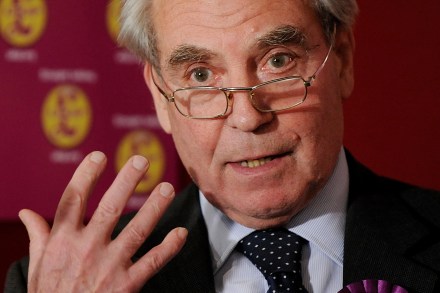The task facing UKIP’s next leader
That didn’t take long, did it? After only a year in charge of UKIP, Lord Pearson has quit the role even more abruptly than he took it. In his resignation statement, he confesses that he is “not much good” at party politics – and it is hard to disagree. A memorable low was his interview on the Campaign Show in which he was only dimly acquainted with his party’s own policy. But more damaging, to my mind, was the general erosion of UKIP’s identity: Pearson’s policy of campaigning for Eurosceptic candidates from other parties may have been magananimous, but it also made you wonder whether UKIP are more a party



















